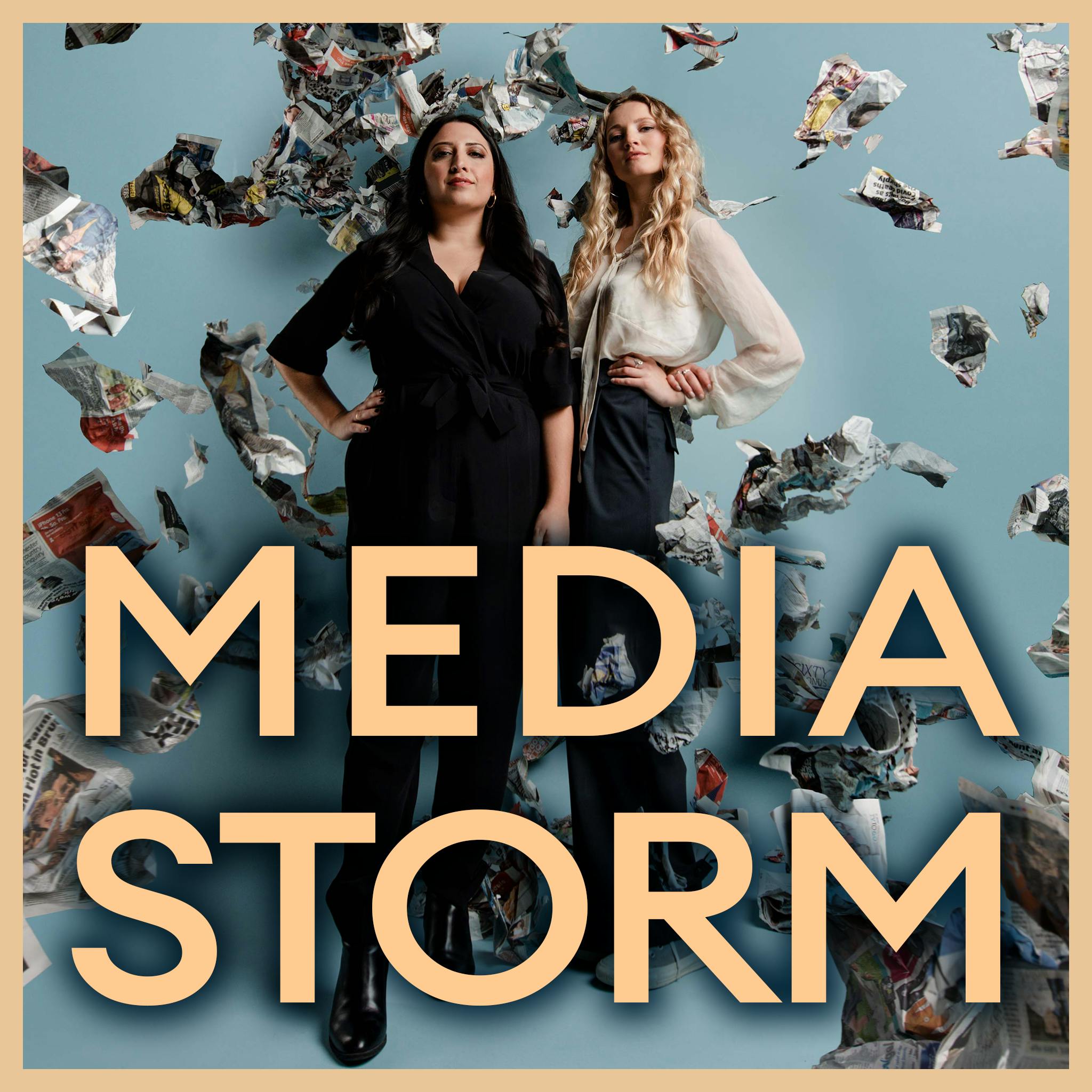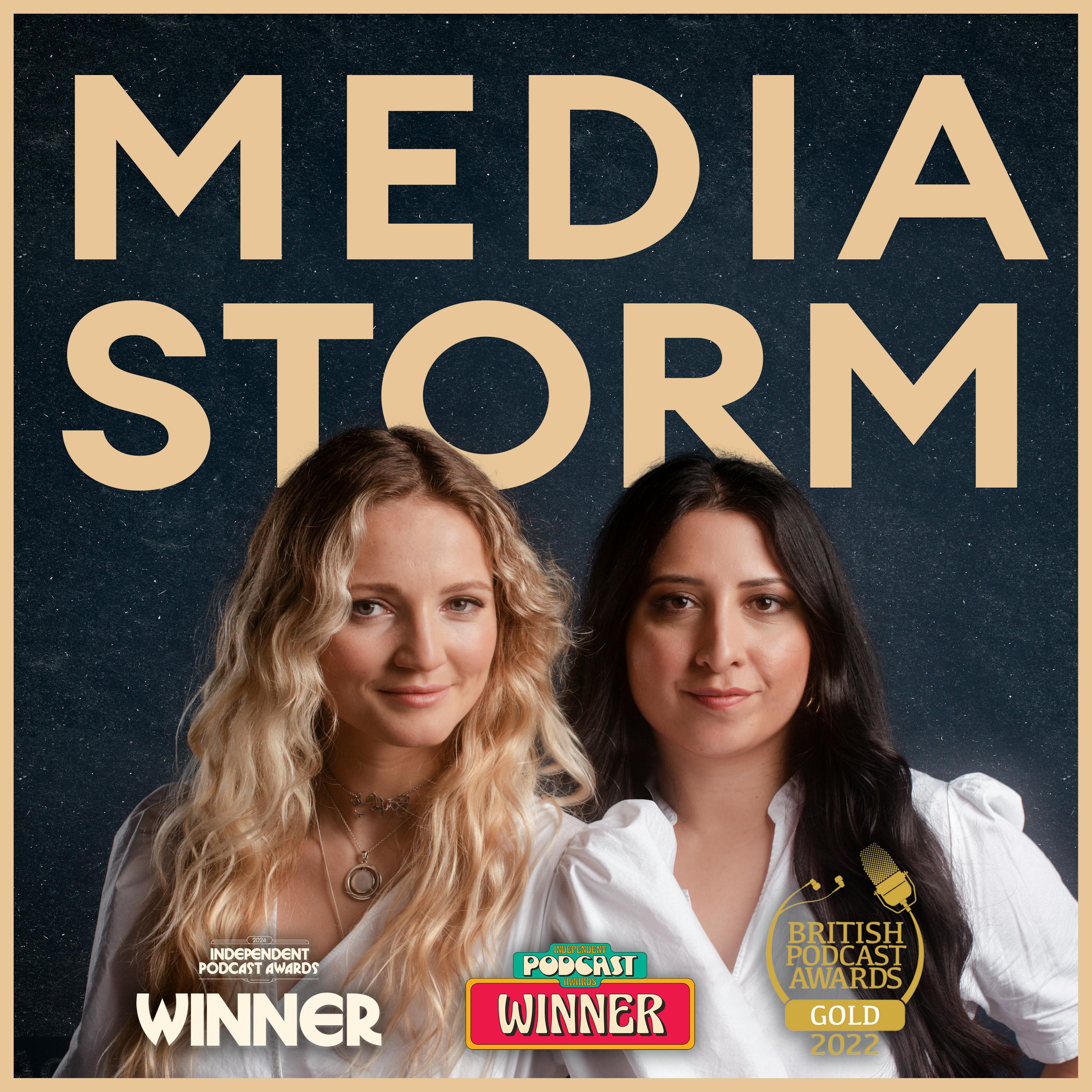
Deep Dive
Why doesn't due impartiality apply to the royal family in British media?
The British media often gives the royal family an easy ride, rarely questioning or criticizing it, due to the monarchy's historical relationship with media institutions. The BBC, for example, relied on the monarchy for legitimacy in its early days, and this relationship has continued. Royal correspondents, who are carefully selected and often receive special access, are hesitant to publish anything damaging to the monarchy, fearing loss of access. This creates a skewed balance in media coverage.
Why is the monarchy's funding complicated and often opaque?
The monarchy's funding is intentionally complex, making it difficult for the public to understand. The main source of funding is the Sovereign Grant, which covers various expenses and is currently £86.3 million. Additionally, the monarchy receives funds from the Duchy of Lancaster, a private estate, and other government departments. The lack of transparency is useful for the monarchy, as it prevents critical scrutiny of how public money is spent.
Why is there a generational divide in support for the monarchy?
Support for the monarchy among younger people has significantly decreased compared to older generations. This shift is partly due to increased awareness of the monarchy's historical ties to colonialism and racism, exacerbated by social media. The media backlash against Harry and Meghan, and the Prince Andrew scandal, have also contributed to younger people's skepticism and criticism of the institution.
Why is the monarchy considered a religion by some?
The monarchy is often seen as a religion because of its historical link to the divine right of kings, which positioned the monarch as God's chosen ruler. Even though this concept is no longer explicitly articulated, it still influences public perception, making the monarchy difficult to question. This religious-like status, combined with the monarchy's role as a symbol of national identity and unity, contributes to its revered and protected image.
Why do some media outlets favor the monarchy over Republican voices?
Media outlets favor the monarchy because they have a symbiotic relationship with it, often relying on the monarchy for exclusive access and legitimacy. Royal correspondents are selected and given special treatment, which they feel they must maintain by avoiding critical coverage. Additionally, the monarchy's historical and cultural significance in Britain makes it a protected institution, and media outlets are hesitant to challenge it, especially if it risks their access to royal events and information.
Why is there skepticism about the monarchy's contribution to tourism and trade?
Skepticism about the monarchy's contribution to tourism and trade arises from the lack of concrete evidence. While some argue that the monarchy boosts tourism, critics point out that many royal assets are state-owned and could still attract visitors without a sitting monarch. Additionally, there's a tendency to overinflate the figures, such as adding up all potential tourist site revenues, which may not be directly attributable to the monarchy.
Why is the history of the British Empire often overlooked in discussions about the monarchy?
The history of the British Empire is often overlooked in discussions about the monarchy because it is not widely taught in schools and is not a part of the mainstream narrative. This omission is intentional, as exposing the monarchy's ties to colonialism and the transatlantic slave trade would undermine its positive image and legitimacy. As a result, many people are unaware of the darker aspects of the monarchy's past and are more likely to support it without critical knowledge.
Why is the media's coverage of the monarchy often more celebrity than political?
The media's coverage of the monarchy is often more celebrity than political because it plays into the public's interest in personal and family stories. This focus on the royal family as a celebrity entity helps to maintain a positive and unquestioning image of the monarchy. Political and economic questions are de-emphasized, and the coverage reinforces the monarchy's role as a symbol of national identity and unity, rather than a political institution subject to scrutiny.
Shownotes Transcript
Prince Harry’s 40th birthday, Kate Middleton back at work, and ANOTHER dramatisation of that Prince Andrew interview. Headlines about the Royals are frequent front pages - but is this actually news?
The monarchy is given a fairly easy ride in the media - rarely questioned, often praised, history erased. But why don’t editorial guidelines about ‘due impartiality’ apply to the royal family, when 40% of Brits disagree with its existence?
This week, storyteller Kelechi Okafor) and author Dr Laura Clancy) (who wrote Running the Family Firm: how the monarchy manages its image and our money) join us to talk about monarchy in the media. How much money does the taxpayer spend on the monarchy? What is the actual job of a royal correspondent - and why are they all called Ms England, or Mr Dymond, or Ms Bond? And what actually happened during Elizabeth II’s Empire?
Plus, your weekly media storms. How the Trump campaign is playing the papers; how British tabloids got a pro-Palestine pregnant mother arrested for calling Sunak and Braverman ‘coconuts’; and what the Jewish Chronicle scandal reveals about our wider media's mistakes.
Hosts: Mathilda Mallinson (@mathildamall)) and Helena Wadia (@helenawadia))
Music: Samfire (@soundofsamfire))
Assistant Producer: Katie Grant
Episode research: Camilla Tiana
Support Media Storm on Patreon)!
Learn more about your ad choices. Visit podcastchoices.com/adchoices)
